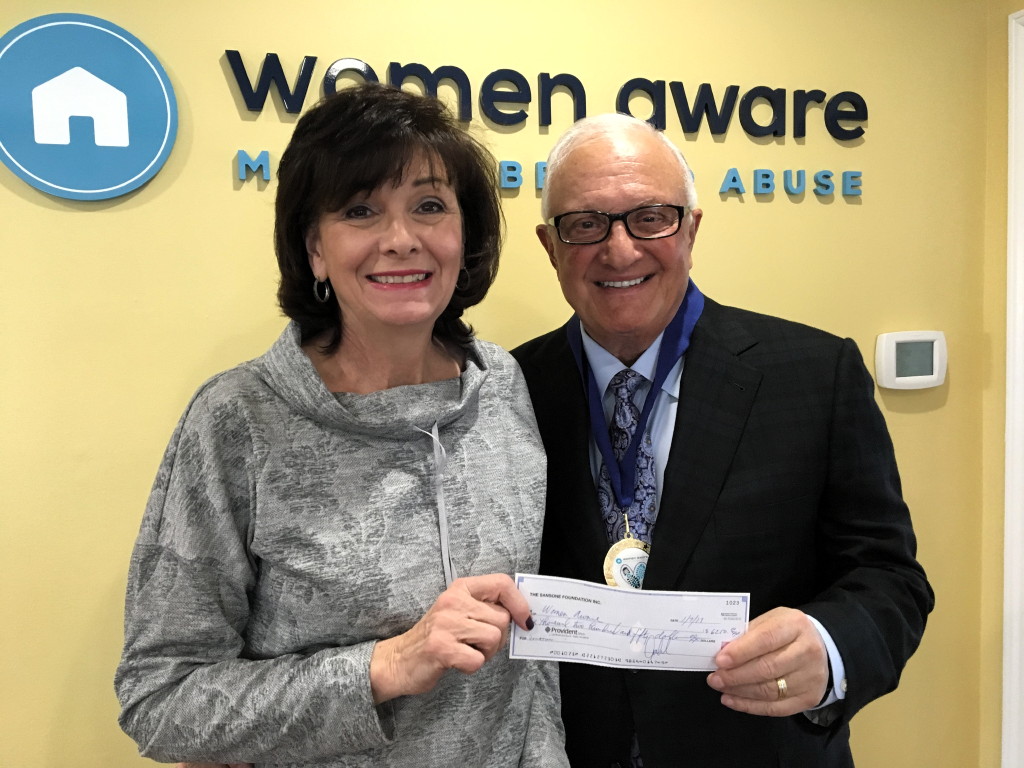The COVID-19 pandemic makes it dangerous for New Jersey residents to leave their homes. Through everyone is advised to “stay safe, stay home,” for victims of domestic violence, home is the most dangerous place of all, according to information provided by Women Aware of New Brunswick.
“Many adults cannot go to work. Children are not in school. Stores, malls, libraries, gyms, restaurants are closed. Social distancing discourages visits with extended family or friends. Fear, anxiety, frustration and uncertainty are running high. Families are together day and night. In a domestic violence situation, this is the perfect storm to trigger an escalation in abuse,” Susan Dyckman said in a prepared statement.
In an ordinary year, domestic violence agencies in New Jersey serve more than 18,000 victims of abuse, she said. As the state-designated lead domestic violence agency for Middlesex County, Women Aware supports 1 out of every 8 of those victims.
“In these unprecedented times, we are seeing an alarming increase in domestic violence. We see it in the types of calls our hotline workers are receiving and in victims’ desperate need for emergency shelter. Lives are in danger,” Dyckman said in the statement.
For 40 years, Women Aware has been providing comprehensive services for victims of domestic violence and their children. It operated the only 24-hour domestic violence emergency shelter in the second largest county in the state. It continually operates at full capacity, and despite the challenges presented by COVID-19, remains fully operational and in compliance with the Centers for Disease Control and Prevention and the New Jersey Department of Health guidelines regarding the health and safety of clients and staff.
Women Aware is available 24 hours a day, 365 days a year. The hotline, 732-249-4504 (toll-free 833-249-4504), provides safety planning, crisis intervention and resources.
The on-site staff speaks English, Spanish, Portuguese, Polish, Urdu, Hindi, German and Italian. Hundreds of other languages can be translated in the moment.
If it is too dangerous for a victim to reach out directly, a trusted family member or friend can call the hotline.
“We need to look out for each other during this crisis. Victims need to know they are not alone,” Dyckman said. “We are here. We can help.”

